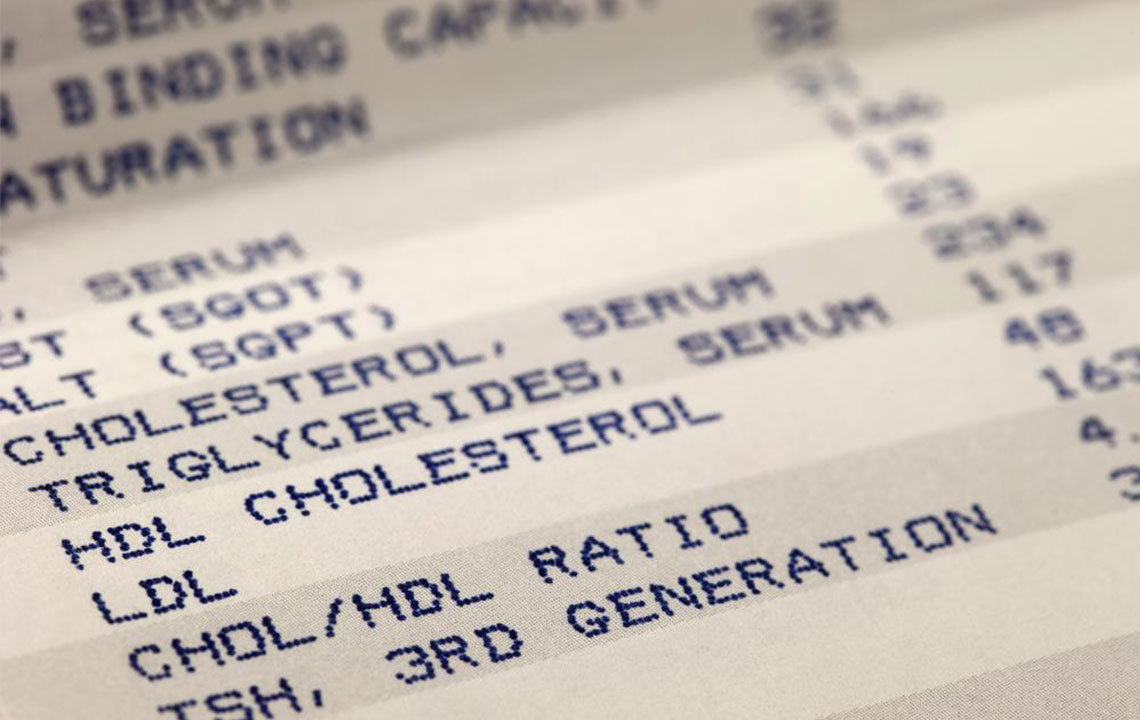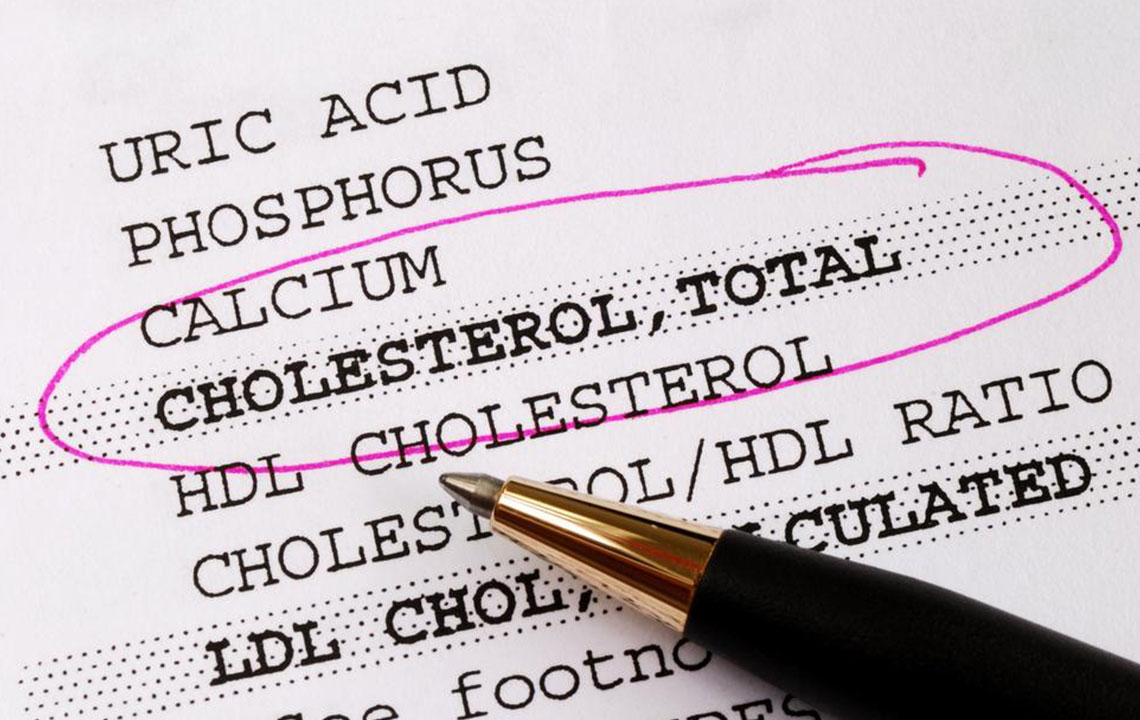Understanding Cholesterol: Essential Facts for Heart Health
Learn essential facts about cholesterol, its impact on heart health, and practical tips to maintain balanced levels. Regular check-ups, healthy eating, and lifestyle changes can reduce cardiovascular risks. Stay informed to protect your well-being and enjoy a healthier life.

Understanding Cholesterol: Essential Facts for Heart Health
Cardiovascular diseases remain a leading cause of mortality worldwide. One primary factor contributing to heart issues is elevated cholesterol levels in the bloodstream. While cholesterol is vital for various physiological functions, excessive amounts can pose serious health risks. Maintaining balanced cholesterol levels is crucial for heart health.
Cholesterol is a waxy substance found in cells and vital for producing vitamin D, hormones, and bile. However, high blood cholesterol can clog arteries, increasing stroke and heart attack risks. Regularly monitoring cholesterol through blood tests helps identify whether levels are within a healthy range.
Understanding your cholesterol levels is essential to prevent heart-related illnesses. A standard blood test measures LDL (bad) cholesterol, HDL (good) cholesterol, and triglycerides. Regular check-ups, especially after age 30, assist in detecting abnormal levels that may require lifestyle adjustments.
The ideal total cholesterol should be below 200 mg/dL. Levels between 200-239 mg/dL are considered borderline high, while 240 mg/dL and above are high risk. Monitoring these values enables you to take necessary steps to keep your cholesterol in check.
Controlling cholesterol involves adopting healthy habits. Incorporate physical activity into your routine, choose a diet rich in vegetables and low in saturated fats, avoid smoking, and manage weight effectively. Limiting alcohol consumption can also support cholesterol balance. Small lifestyle changes can significantly reduce heart disease risk.
Stay proactive about your health by regularly checking your cholesterol and making mindful choices. A healthy heart enables you to enjoy life fully. Don’t delay—prioritize your wellbeing today!










